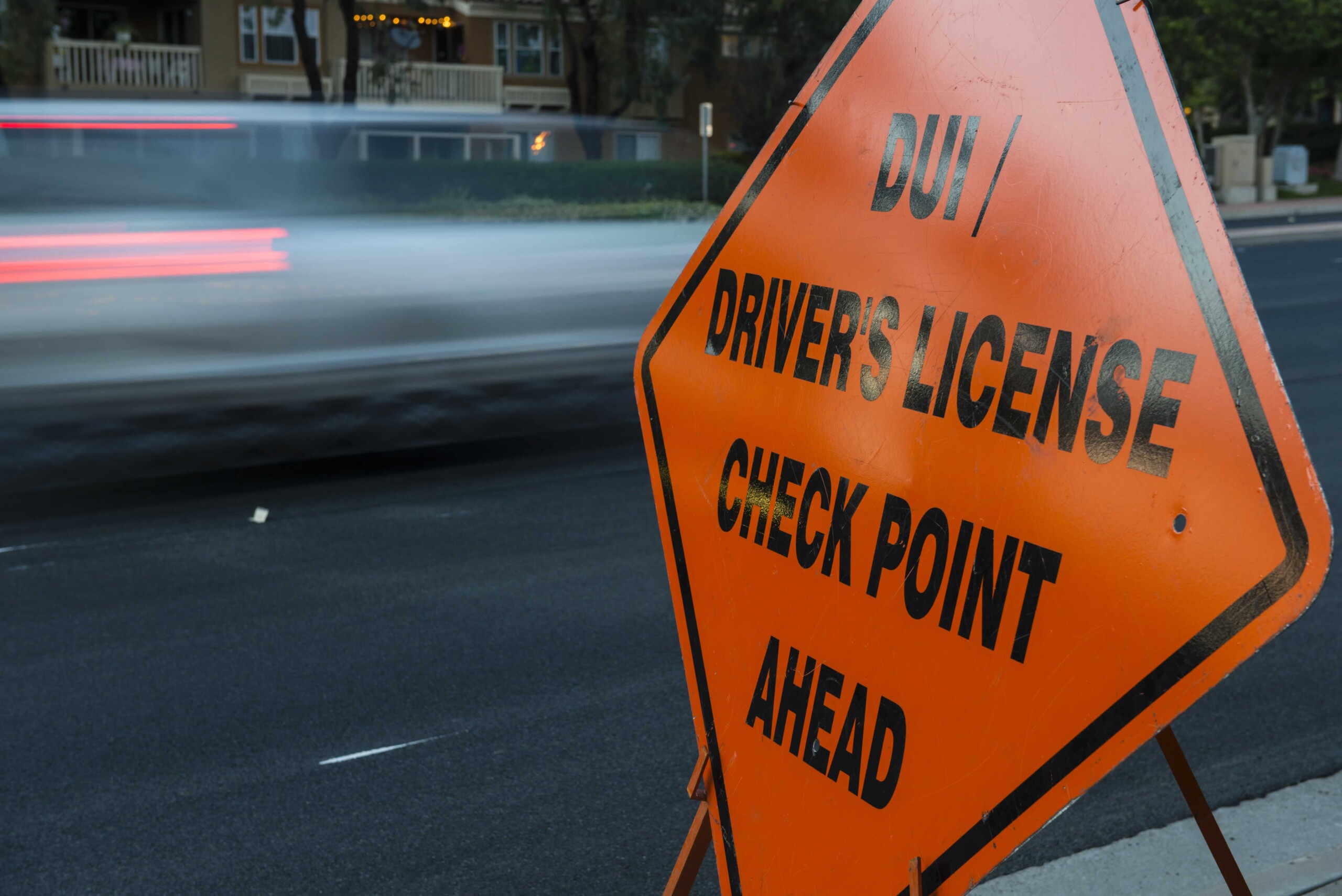
Do DUI Checkpoints Really Keep Us Safe?
March 16, 2017
A lot of debate surrounds the use of sobriety checkpoints by police, commonly called “DUI checkpoints” by the public. The truth is that while some see this practice as infringing on the rights of citizens, the Kentucky, Tennessee and Federal Governments have determined that they are constitutional and appropriate for certain situations.
Sobriety checkpoints have been shown to effectively reduce the number of alcohol-related crashes by nearly 20 percent while saving police departments between $6 – $23 for every dollar invested in them, according to the Philadelphia Daily News.
At the same time, many people are not aware that they can legally turn away to avoid a checkpoint as long as they are not within a certain threshold and are not driving suspiciously. Drivers should also receive ample notice of the checkpoint by clearly marked vehicles, uniformed officers, and emergency lights.
So, while DUI checkpoints can, in fact, make us safer, drivers should know their rights when facing possible DUI charges. Additionally, injury victims should know that the law is on their side when they are hurt by a drunk driver. If you find yourself in this situation, you can work with a car accident attorney to recover the costs of your injury and any suffering you have endured.
Why DUI Checkpoints Are Effective, Allowed
In Michigan Dept. of State Police v. Sitz (1990), the Supreme Court “affirmed that DUI checkpoints satisfy a strong state interest in removing drunk drivers from state highways, and this state interest outweighs the brief intrusion to a private motorist at a roadblock,” as discussed by the Kentucky League of Cities.
However, a more recent case in Kentucky, Commonwealth v. Buchanon (2003), established fairly rigid requirements for DUI checkpoints to be conducted. These guidelines boil down to:
- Only supervising officers can determine the details of establishing a checkpoint, including time, location and procedures. The chosen locations should not affect public safety, and they must be somehow related to the conduct the checkpoint wants to curtail — e.g. sobriety checkpoints must relate to areas where DUI arrests are commonly made or DUI accidents have repeatedly occurred.
- Field officers must comply with procedures their superiors establish. They must not have unfettered discretion at making decisions for which vehicles are stopped and how each stop is handled.
- Motorists should be able to clearly determine the nature of the checkpoint as they approach. Some officers present should be in uniform and with marked patrol cars. Tennessee even goes so far as to post notice of most upcoming DUI checkpoints
- No motorist should be stopped for any longer than necessary. If an officer has reasonable suspicion that a violation of the law has occurred, the suspected motorist should be asked to pull aside so that others can proceed through the checkpoint.
DUI Checkpoints Can Prevent People From Getting Hurt By a Drunk Driver
In the end, research does show that DUI checkpoints are effective — an opinion affirmed by the Supreme Court and that they serve a purpose even if they inconvenience drivers personally. When people drive drunk, innocent people can be severely injured or even killed.
If you have been the victim of a drunk driving accident, know that you can recover the costs of medical treatment in addition to the pain and suffering you have endured. You can contact a car accident lawyer to review your case and form a strategy for your injury claim.

